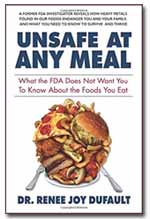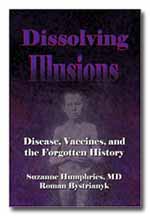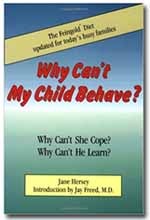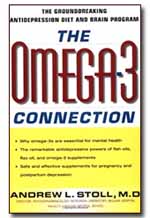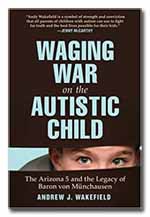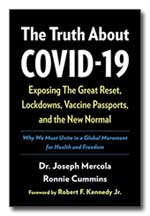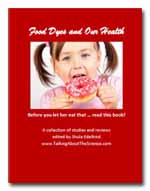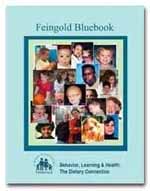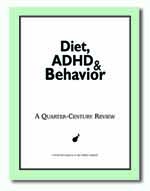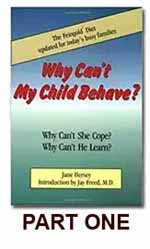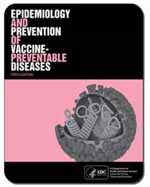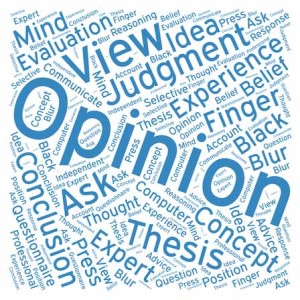 Journal of Learning Disabilities, 1983. Jun-Jul;16(6):319-23.
Journal of Learning Disabilities, 1983. Jun-Jul;16(6):319-23.
Mattes gives his opinion that improvement on the Feingold diet is “based on anecdotal evidence;” he claims that the studies show the diet “is probably not effective, except perhaps in a very small percentage of children.”
Moreover, he claims that the positive results in studies have been “greatly outnumbered by negative results,” and that when the diet appears to be of great help, the improvement “seems more often a placebo effect, e.g., due to the increased attention the child is receiving.”
NOTE: He has no actual evidence of any placebo effect, nor of the existence of “increased attention.” He made all this up. Nevertheless, Mattes may be source of the often-heard claims of “anecdotal evidence,” “weight of the evidence being negative,” and “increased attention” as the true reason for success …
NOTE: These statements were not true then, and they are not true now. And even had they been true, the claims were made back in 1983, and much double-blind (“gold standard”) research has been done since then. To quote him today as though nothing has happened since 1983 …. well, I still hear it from time to time by people who really should know better.
MedLine || Full Text || Get Password


